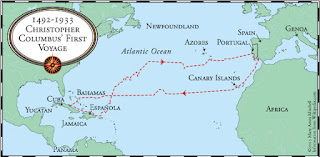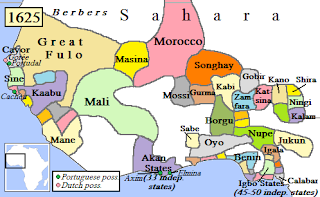WEEKDAYS NAMING
During our younger days, we play around on Saturdays, wait for the school bell to ring on Fridays; with ecstacy the students will rush out of the school to the assembly point to say the grace, I wager that moment is the most joyous moment of the week for us, thus starts the weekends. Am sure that is also how it is for students around the world. Later when I grow up and got out of elementary school I used to think “who could be so brilliant to have named the days of the week”
The days of the week is as old as the human race itself, and thus every civilizations has its own versin of the days of the week. the Greek named the days f the weeks after the sun, the moon and the five known planets, which in other way round were named after the gods Ares,hermes,zeus,cronus and the goddess aphrdite the daughter f zeus.
The babylonians in the there instance know the time with the aid f the lunar months; they do nt specifically name the week days or even postulates that there are seven days in a week, but they identify their days and fix dates with some activities during certain days of the months.like
The seventeenth day : the waxing half moon.Fourteenth day : the full moonnineteenth day : to honor an angry goddess
The most widely used names today is the Greek version with close relation with the English and Germanic version named as thus respectively:
Sunday
Gotten from old English sone(n)day which means the day of the sun; Germanic sunon-dagaz translates day of the sun; Ancient Greek hemera heli day of the sun.
Monday
the Greek word hemera selenes day f the moon; and in the English it is mone(n)day which means moon day in old Engish.
Tuesday
From middle English tiwesday or tewesday; ancient greek hemera ares which means the day f ares, Tiu is the angl-saxonic god of war and sky while ares is the Greek god of war.
Wednesday
Hemera hermu the Greek word for the day of hermes. Wodnesday comes from the old English woden’s day woden is the anglo-saxonic god of wild hunt; hermes is the greek god of cunning,invention as well as theft and the herald f the Olympian gods
Thursday
From the middle English word thurlsday which is derived from the old Norse word thor’sday meaning thunder’s day; Ancient latin dies jovi the day of Jupiter and Ancient greek hemera dios meaning the day of Zeus. Zeus is the Greek god of thunder and the supreme god; thor is the norse god of thunder, and as it is the roman version of zues is Jupiter.
Friday
Greek word hemera aphrodite means the day of aphrodite; old English frigdaeg freya’sday which means freeday. Freya is the anglo-saxnic goddess of love beauty and fecundity while Aphrodite is also the Greek goddess of love and beauty.
Saturday
from the old English seater(nes)daeg meaning Saturday ; ancient Greek hemera khronu meaning the day of cronus; then ancient latin saturn’sday the day of Saturn. #FFF
REFERENCES:
WILLIAM MATHEW O‘NEIL, Time and the calenders,Sydney university press,1975
Webstar encyclopedic unabridged dictionary of English language, portland house, Newyork,1989.
POSTED BY OLALEKAN ADEBARI TM



Comments
Post a Comment